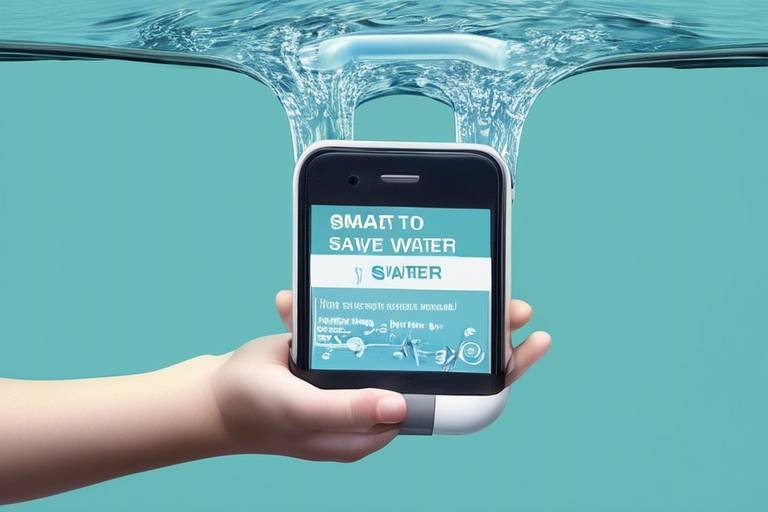How to Use Smart Gadgets to Save Water
Water conservation is a pressing issue in today's world, and innovative solutions are constantly being developed to address this challenge. One such solution is the utilization of smart gadgets that can help individuals save water in their daily lives. These smart devices are equipped with advanced technology that allows for efficient water usage without compromising on convenience or comfort.
One of the key ways to save water using smart technology is through smart irrigation systems. These systems use sensors and weather data to determine the optimal watering schedule for plants and lawns, ensuring that water is not wasted through over-irrigation. By precisely regulating water flow, smart irrigation systems help conserve water while keeping vegetation healthy.
Another essential smart gadget for water conservation is the smart showerhead. By controlling water flow and temperature, these devices can reduce water waste during showers without sacrificing the comfort of the user. With features like adjustable flow rates and timers, smart showerheads promote efficient water usage in bathrooms.
For early leak detection and prevention of water wastage, smart leak detectors are indispensable. These devices can alert homeowners in real-time when leaks are detected, allowing for immediate action to be taken to minimize water loss and prevent potential property damage. By proactively addressing leaks, smart leak detectors contribute to water conservation efforts.
Regulating water consumption in kitchens and bathrooms is made easier with smart faucet attachments. These attachments automate flow control and provide insights on water consumption patterns, empowering users to make informed decisions about their usage. By monitoring and optimizing water flow, smart faucet attachments help reduce unnecessary water wastage.
To gain a comprehensive understanding of household water usage, smart water usage monitors offer valuable insights. These monitors track water consumption patterns and suggest ways to minimize usage through data analysis. By raising awareness about water consumption habits, smart water usage monitors encourage individuals to adopt more water-efficient practices.
When it comes to household chores like dishwashing, smart dishwashers play a crucial role in water conservation. These appliances utilize sensors and technology to optimize water usage during dishwashing cycles, ensuring that the right amount of water is used for efficient cleaning. By adjusting water levels based on load size and soil level, smart dishwashers help conserve water without compromising on cleanliness.
In bathrooms, smart toilets offer features like dual flush options and leak detection to minimize water usage. By providing different flushing modes for liquid and solid waste, smart toilets reduce unnecessary water consumption. Additionally, leak detection capabilities help prevent water wastage and promote sustainable water management in households.
For efficient laundry operations, smart laundry systems use sensors and automation to adjust water levels and cycle lengths according to the load size and fabric type. By optimizing water usage during each laundry cycle, these systems ensure that water is not wasted while still achieving clean and fresh results. Smart laundry systems contribute to water conservation efforts in households.

Smart Irrigation Systems
Smart Irrigation Systems are revolutionizing the way we water our plants and lawns. By incorporating advanced technologies such as sensors and weather data, these systems ensure that water is used efficiently and effectively. Imagine having a system in place that can automatically adjust watering schedules based on real-time weather conditions. This means no more watering during or after rainfall, saving both water and money in the long run.
These smart systems not only prevent overwatering but also help in conserving water by delivering the right amount of water at the right time. By monitoring soil moisture levels and plant needs, smart irrigation systems optimize watering schedules to promote healthy growth while minimizing water waste. Additionally, some systems can be controlled remotely through smartphone apps, allowing users to manage their irrigation settings from anywhere, anytime.
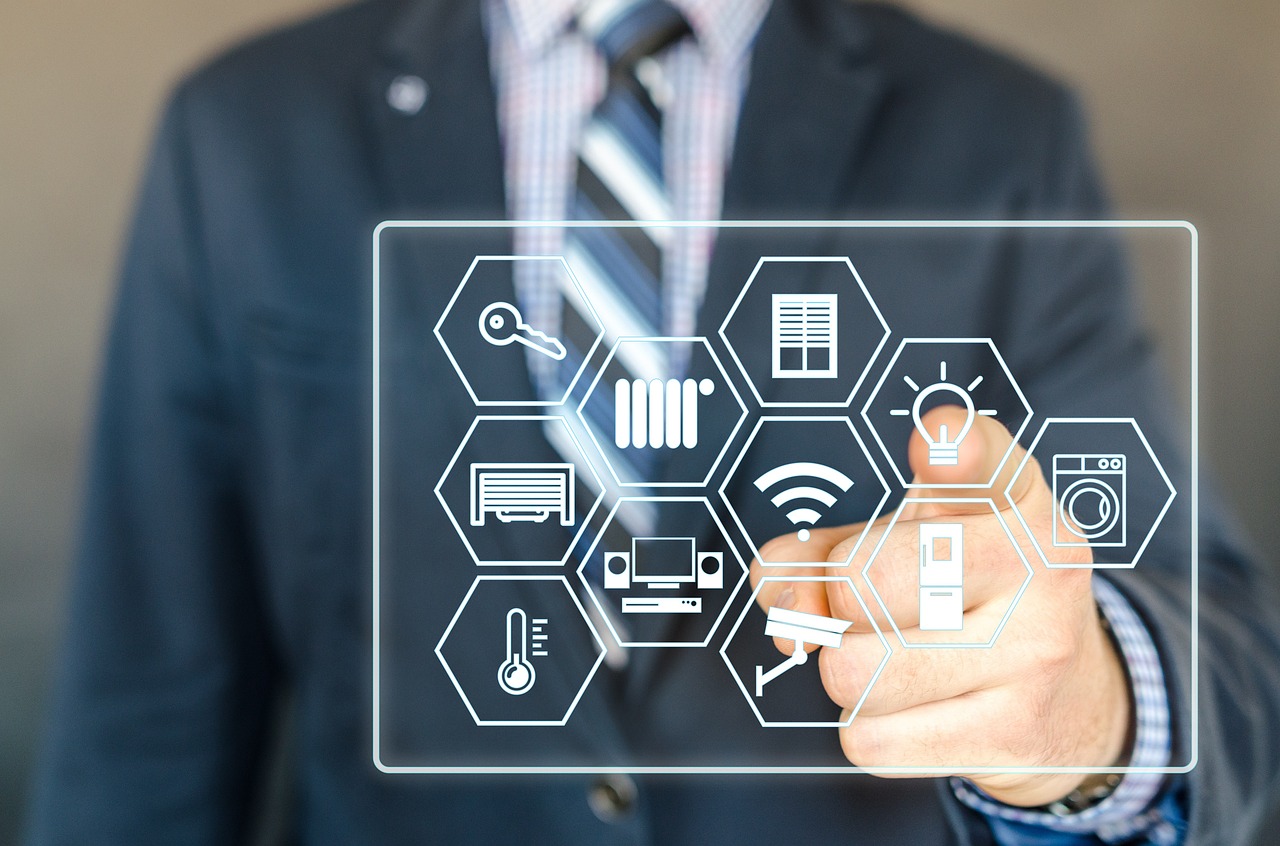
Smart Showerheads
Smart showerheads are revolutionizing the way we experience showers by combining technology with water conservation efforts. These innovative devices allow users to control water flow and temperature with precision, ensuring a luxurious shower experience while minimizing water wastage.
By incorporating features such as sensors and smart controls, smart showerheads can adjust the water flow based on user preferences, ultimately leading to significant water savings over time. Imagine stepping into the shower and having the water temperature and pressure perfectly tailored to your liking without any manual adjustments.
Moreover, smart showerheads can also provide real-time feedback on water usage, allowing users to track their consumption patterns and make informed decisions on how to reduce waste. With the ability to set timers and limits on water usage, individuals can actively participate in water conservation efforts without sacrificing comfort.
Some advanced smart showerheads even come equipped with LED indicators that change color to alert users when they are consuming excessive amounts of water. This visual cue serves as a gentle reminder to be mindful of water usage habits and encourages responsible shower practices.
Additionally, these devices often feature easy installation processes, making them accessible to a wide range of users looking to upgrade their bathrooms with eco-friendly technology. With the potential to save both water and energy, smart showerheads are a practical and sustainable solution for modern households seeking to reduce their environmental footprint.

Smart Leak Detectors
Smart leak detectors are revolutionizing the way we protect our homes from water damage and wastage. These innovative devices use advanced technology to monitor water usage constantly and alert homeowners in real-time if a leak is detected. By swiftly identifying leaks, these detectors help prevent costly damage and promote water conservation.
Equipped with sensors, smart leak detectors can be placed in key areas prone to leaks, such as under sinks, near appliances, or in basements. When a leak is detected, these devices send notifications to your smartphone, allowing you to take immediate action and avoid potential disasters.
Moreover, some smart leak detectors offer additional features like automatic water shut-off valves. In the event of a leak, these detectors can automatically turn off the water supply, minimizing damage and giving you peace of mind even when you're away from home.
By investing in a smart leak detector, you not only safeguard your property but also contribute to water conservation efforts. These devices empower homeowners to take proactive measures against water wastage, ultimately saving money on utility bills and reducing their environmental footprint.
Imagine having the ability to prevent a water leak from turning into a major flood just by receiving a notification on your phone. Smart leak detectors bring this level of convenience and protection to modern households, making them an essential addition to any smart home ecosystem.
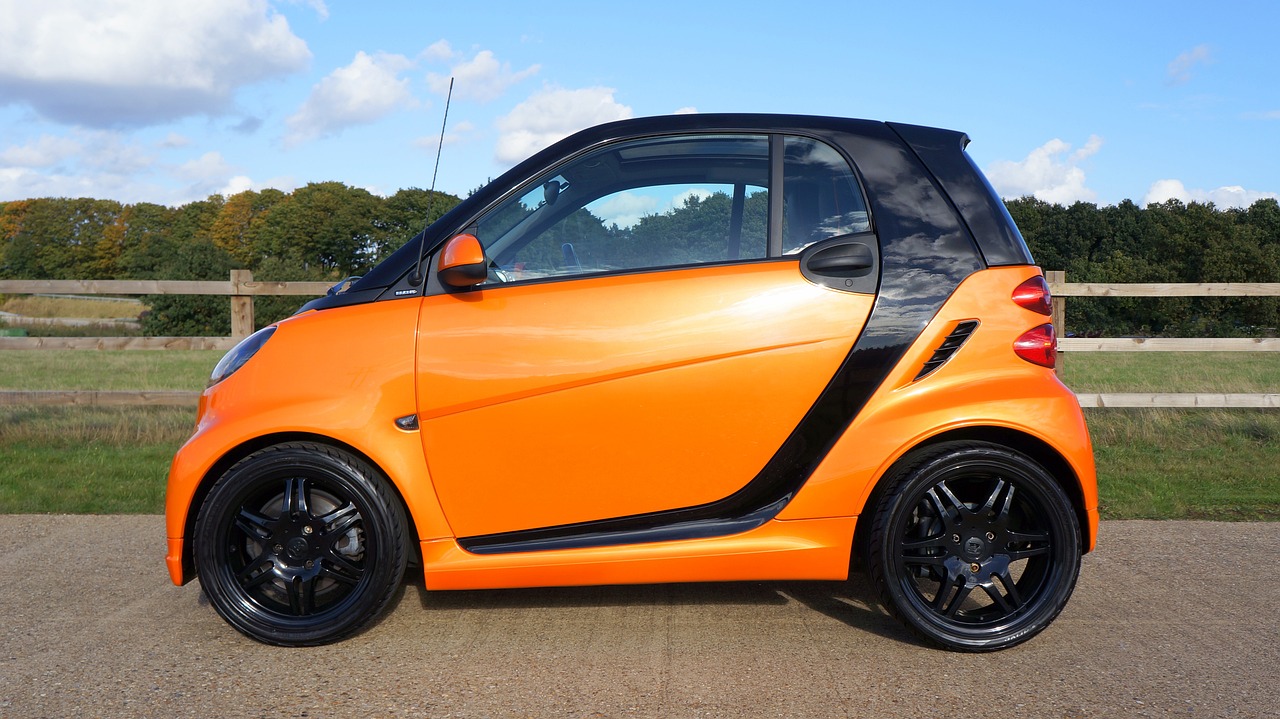
Smart Faucet Attachments
Exploring innovative ways to conserve water using smart technology in everyday life.
When it comes to saving water in your daily routines, smart faucet attachments offer a convenient solution. These devices are designed to regulate water usage by automating flow control and providing valuable insights on consumption patterns. By attaching a smart faucet to your existing sink, you can effectively monitor and adjust water flow to minimize waste without compromising on convenience.
Imagine having the ability to track your water usage in real-time and receive alerts when consumption exceeds set limits. Smart faucet attachments make this a reality by integrating seamlessly into your kitchen or bathroom. With the data collected, you can gain a better understanding of your water habits and make informed decisions to reduce waste.
Additionally, these devices often come equipped with features such as leak detection capabilities, further safeguarding against water loss and potential damage. By detecting and alerting you to leaks early on, smart faucet attachments help prevent wastage and promote efficient water management.
Furthermore, the automation provided by these gadgets simplifies the process of controlling water flow, making it easy to adjust settings based on your needs. Whether you're washing dishes or brushing your teeth, smart faucet attachments ensure that water is used efficiently without unnecessary excess.
Incorporating a smart faucet attachment into your home not only contributes to water conservation efforts but also offers a practical and user-friendly way to monitor and optimize your water usage. By taking advantage of this innovative technology, you can play a part in safeguarding this precious resource for future generations.
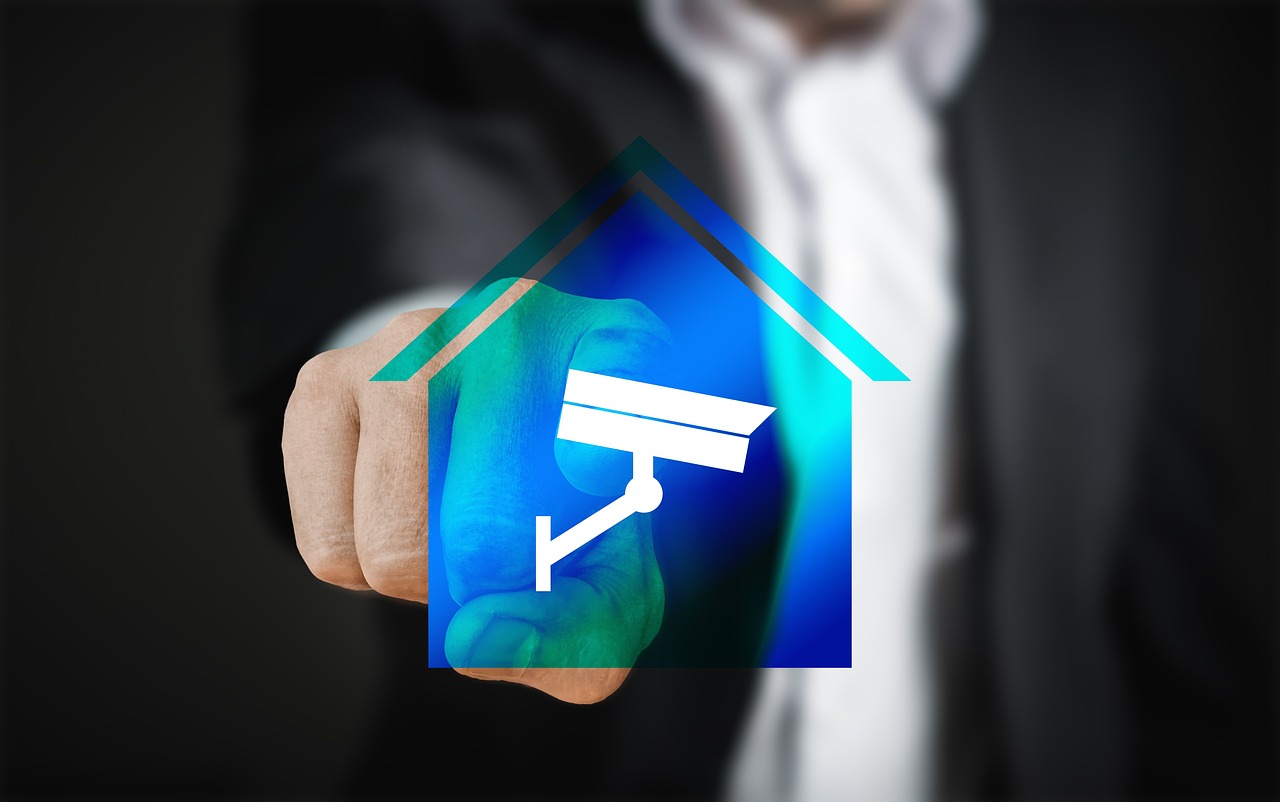
Smart Water Usage Monitors
Smart water usage monitors are revolutionizing the way households manage their water consumption. These innovative devices provide real-time insights into water usage patterns, allowing users to make informed decisions on how to minimize wastage and optimize efficiency.
By installing a smart water usage monitor, homeowners can track their daily water usage, identify peak consumption times, and pinpoint areas where water is being unnecessarily wasted. This data-driven approach empowers individuals to take control of their water usage habits and make conscious efforts to conserve this precious resource.
These monitors often come equipped with user-friendly interfaces that display water usage statistics in an easy-to-understand format. Some models even offer personalized recommendations on how to reduce water consumption based on the gathered data, making it simpler for users to implement positive changes.
Additionally, smart water usage monitors can detect leaks and abnormal usage patterns, alerting users to potential issues before they escalate into costly problems. By catching leaks early on, homeowners can prevent water wastage and avoid the damaging consequences of unchecked leaks on their property.
Furthermore, these devices can be integrated with smart home systems, allowing for seamless automation of water usage control. Users can set preferences for water usage limits and receive notifications when thresholds are exceeded, promoting a more mindful approach to water conservation.
Overall, smart water usage monitors offer a proactive and efficient solution to managing water consumption in households. By harnessing the power of data and technology, individuals can play a significant role in preserving water resources for future generations.
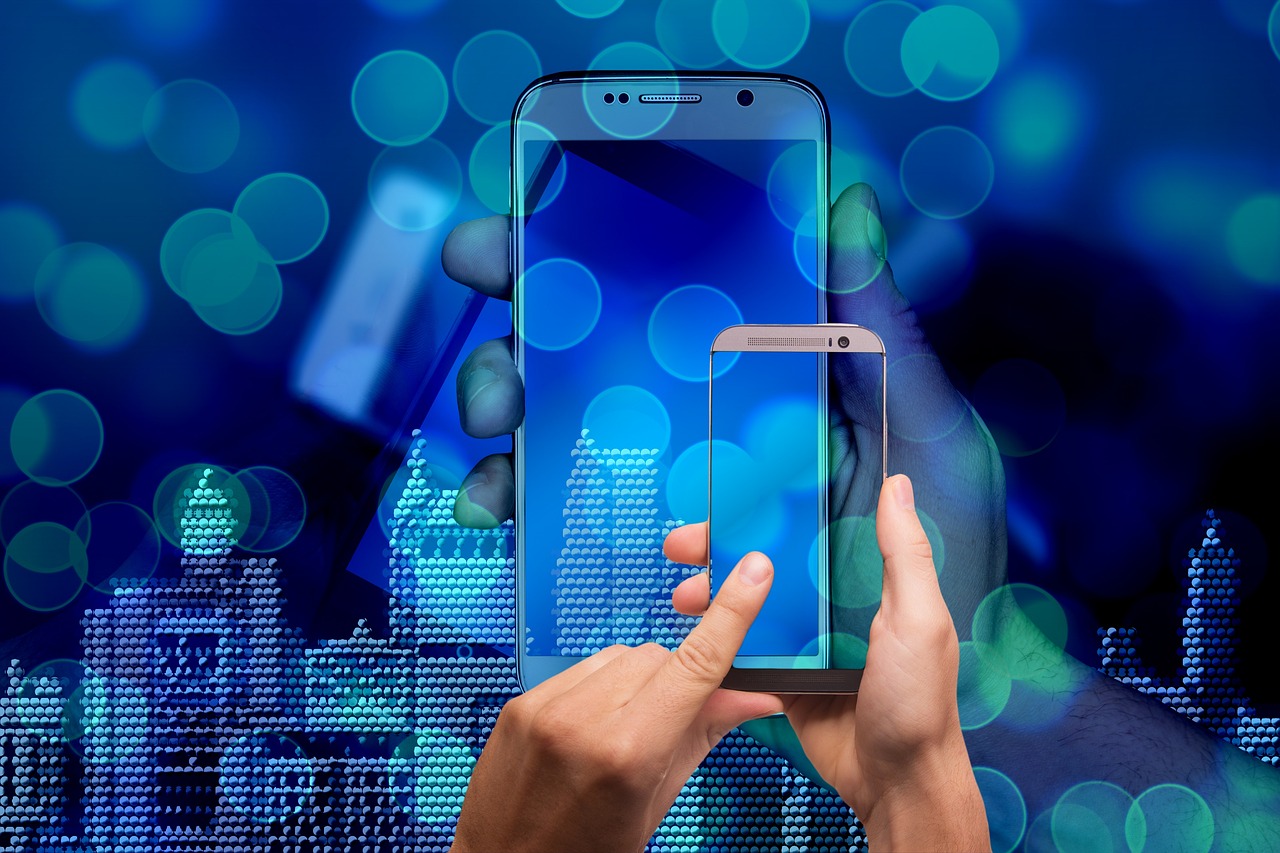
Smart Dishwashers
Smart dishwashers are revolutionizing the way we clean our dishes by incorporating advanced technology to optimize water usage and efficiency. These innovative appliances utilize sensors and automation to adjust water levels and cycle lengths based on the load size and soil level of the dishes. By dynamically adapting the washing process, smart dishwashers ensure that only the necessary amount of water is used, saving both water and energy.
Additionally, smart dishwashers often feature connectivity options that allow users to control and monitor the appliance remotely. Through smartphone apps or voice commands, users can schedule wash cycles during off-peak hours or receive notifications when a cycle is complete. This level of convenience not only saves time but also enables users to make more environmentally conscious choices regarding water usage.
Moreover, some smart dishwashers come equipped with water hardness sensors that adjust the washing process to suit the quality of the water in a specific area. By optimizing the detergent and rinse aid usage based on water hardness levels, these dishwashers ensure efficient cleaning results while minimizing the overall water consumption.
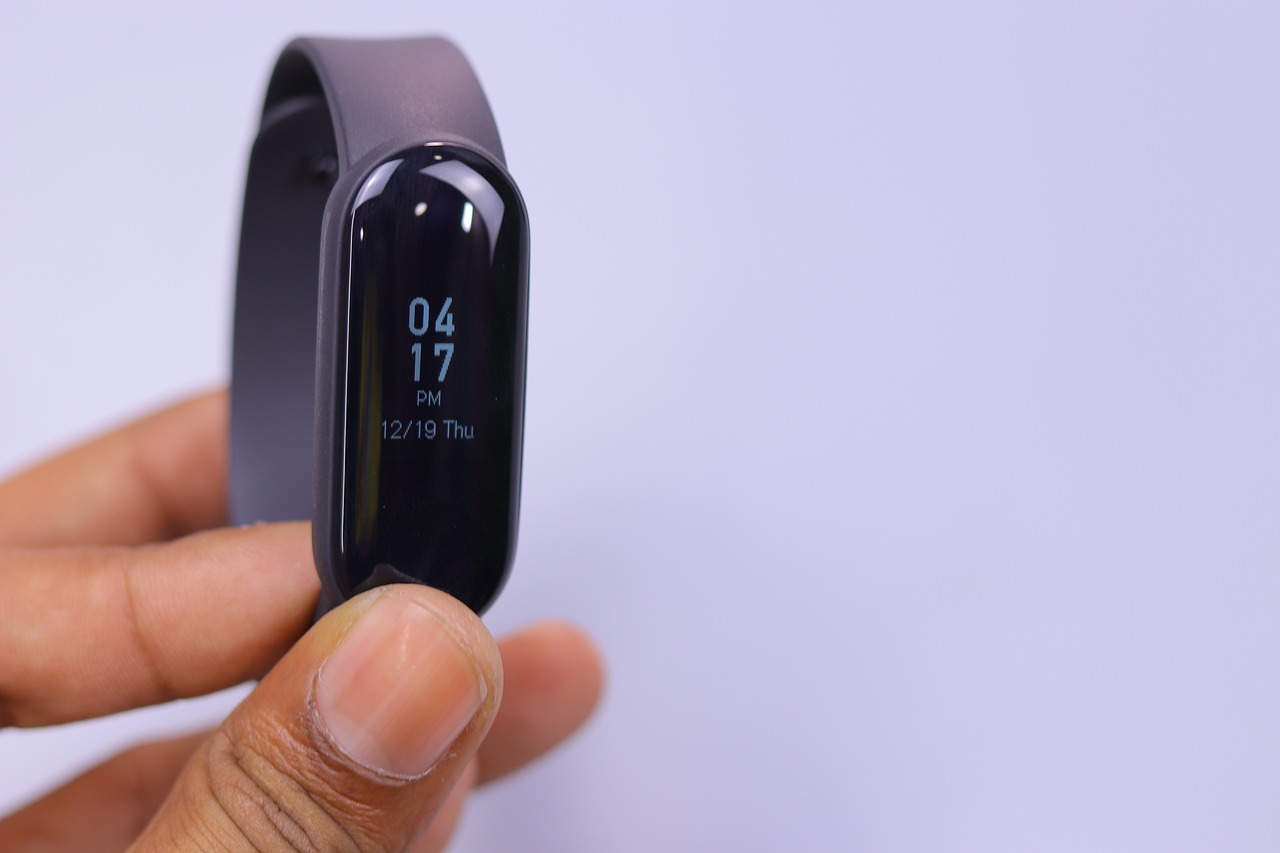
Smart Toilets
Smart toilets are revolutionizing the way we think about water conservation in our bathrooms. These innovative fixtures go beyond the traditional flush and offer features that help reduce water usage significantly. One of the key advancements in smart toilets is the incorporation of dual flush options. This allows users to choose between a full flush for solid waste and a reduced flush for liquid waste, ultimately saving water with every use.
Moreover, smart toilets are equipped with leak detection technology, which can promptly identify any water leakage within the system. By detecting leaks early on, these toilets prevent unnecessary water wastage and help in conserving this precious resource. Imagine having a toilet that not only flushes efficiently but also actively monitors its own performance to prevent any water-related issues.
Another remarkable feature of smart toilets is their ability to provide real-time water consumption data. By tracking how much water is used per flush or per day, users can gain insights into their water usage habits. This data can be invaluable in encouraging individuals to be more mindful of their water consumption and make conscious efforts to reduce it.
Furthermore, some smart toilets come with additional functionalities such as self-cleaning features and personalized settings for water pressure and temperature. These customizable options not only enhance user experience but also contribute to water savings by ensuring optimal usage every time.
Overall, smart toilets are not just about modernizing our bathrooms; they are about transforming our approach to water conservation. With their intelligent features and water-saving capabilities, these fixtures play a crucial role in promoting sustainability and environmental responsibility.
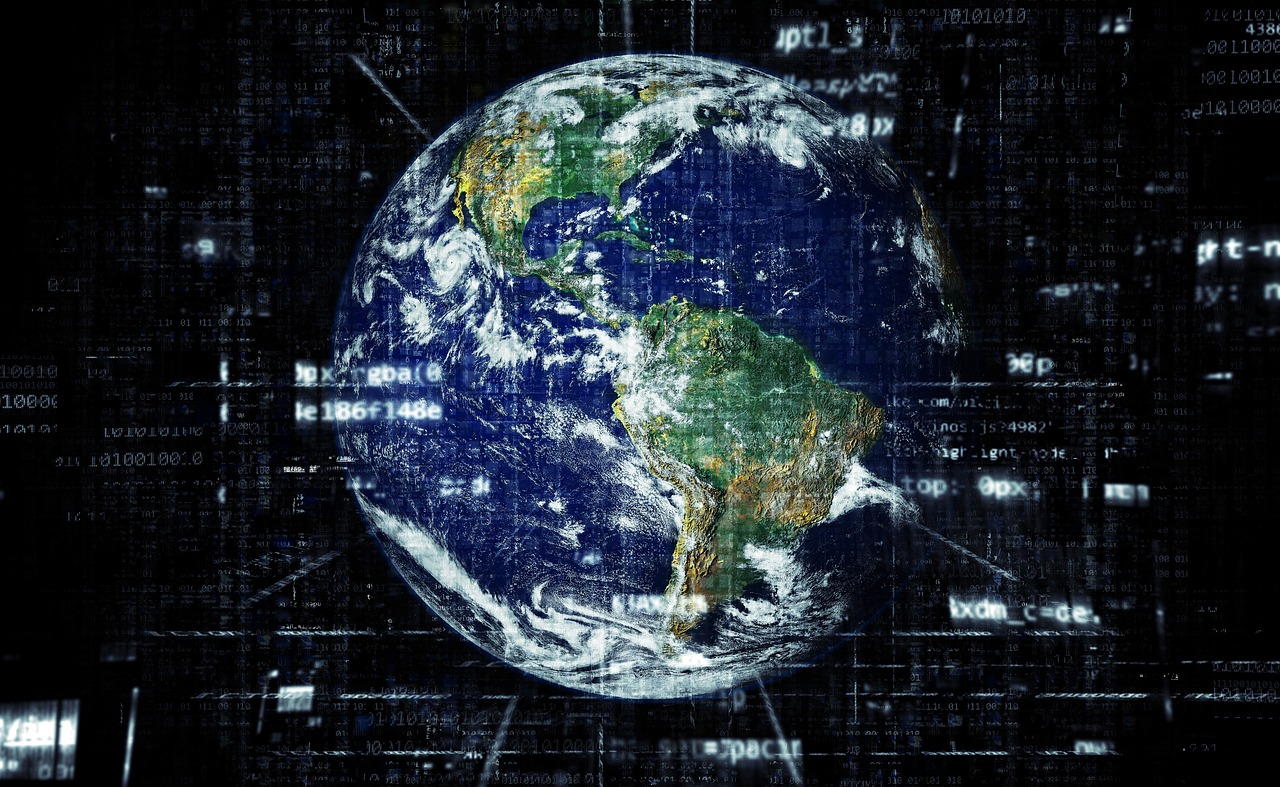
Smart Laundry Systems
Exploring innovative ways to conserve water using smart technology in everyday life.
Smart laundry systems revolutionize the way we do laundry, making the process more efficient and water-saving. These systems utilize advanced sensors and automation to adjust water levels and cycle lengths based on the load size and fabric type. By optimizing the washing process, smart laundry systems ensure that water is used only as needed, reducing waste significantly.
Frequently Asked Questions
- How do smart irrigation systems help in conserving water?
Smart irrigation systems use sensors and weather data to deliver the right amount of water to plants and lawns, preventing overwatering and reducing water waste significantly.
- What are the benefits of using smart showerheads?
Smart showerheads allow users to control water flow and temperature, helping to save water without compromising on the shower experience. They are efficient in reducing water consumption during showers.
- How do smart leak detectors work?
Smart leak detectors monitor water usage in real-time and alert homeowners about leaks promptly, preventing water wastage and potential property damage. They provide early detection and intervention for leaks.
- What is the role of smart faucet attachments in water conservation?
Smart faucet attachments regulate water usage by automating flow control and offering insights on water consumption patterns. They help users understand their water usage habits and make adjustments to save water.
- How can smart water usage monitors help in reducing water consumption?
Smart water usage monitors track water usage in households and analyze data to suggest ways to minimize consumption. By providing insights and recommendations, they empower users to make informed decisions to save water.
- What features do smart toilets offer for water conservation?
Smart toilets incorporate features like dual flush options and leak detection mechanisms to reduce water usage in bathrooms. They optimize water flow and prevent unnecessary wastage, contributing to water conservation efforts.
- How do smart laundry systems contribute to water efficiency?
Smart laundry systems use sensors and automation to adjust water levels and cycle lengths, optimizing water usage during laundry operations. They ensure efficient cleaning while minimizing water consumption for sustainable laundry practices.

